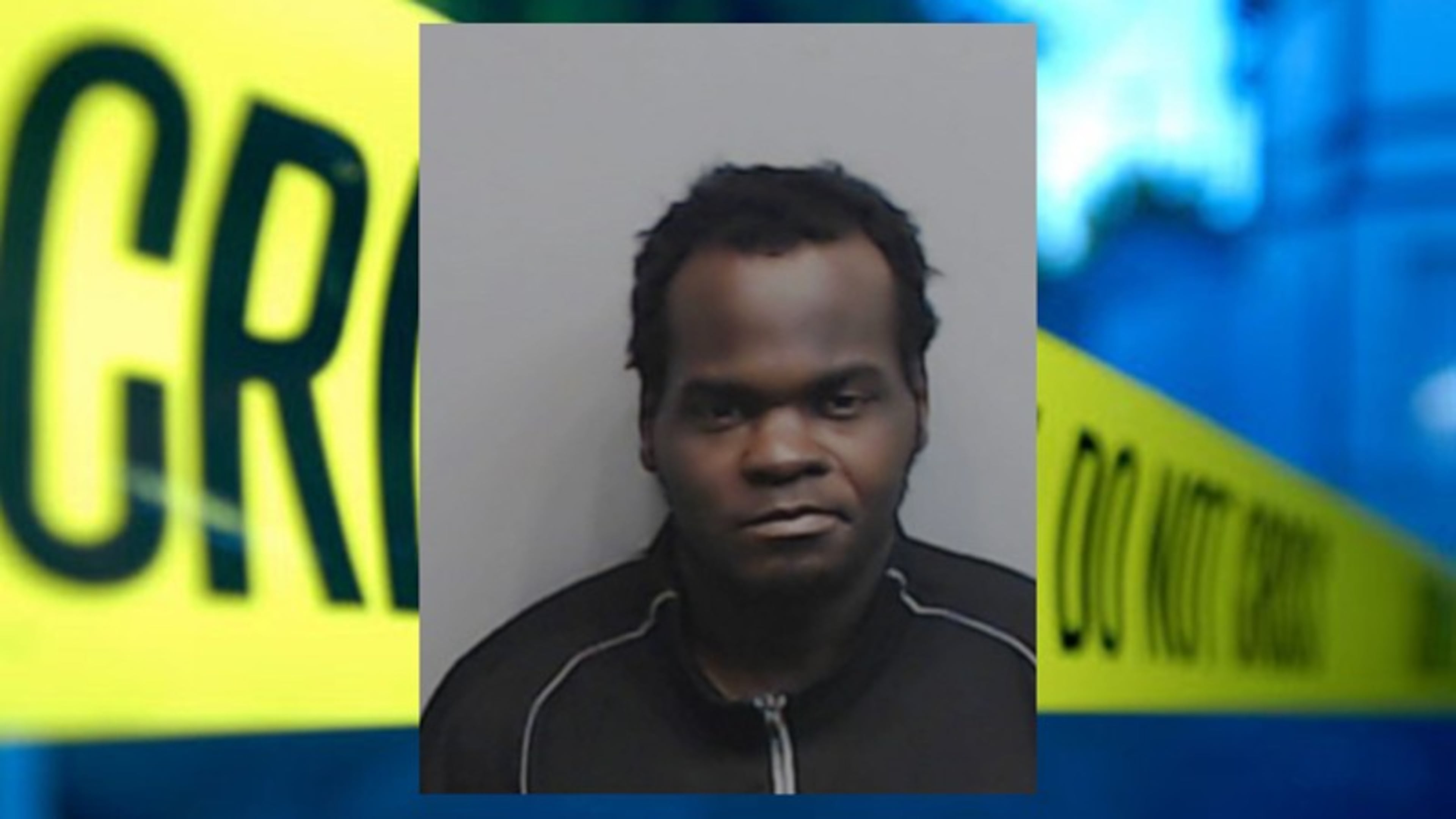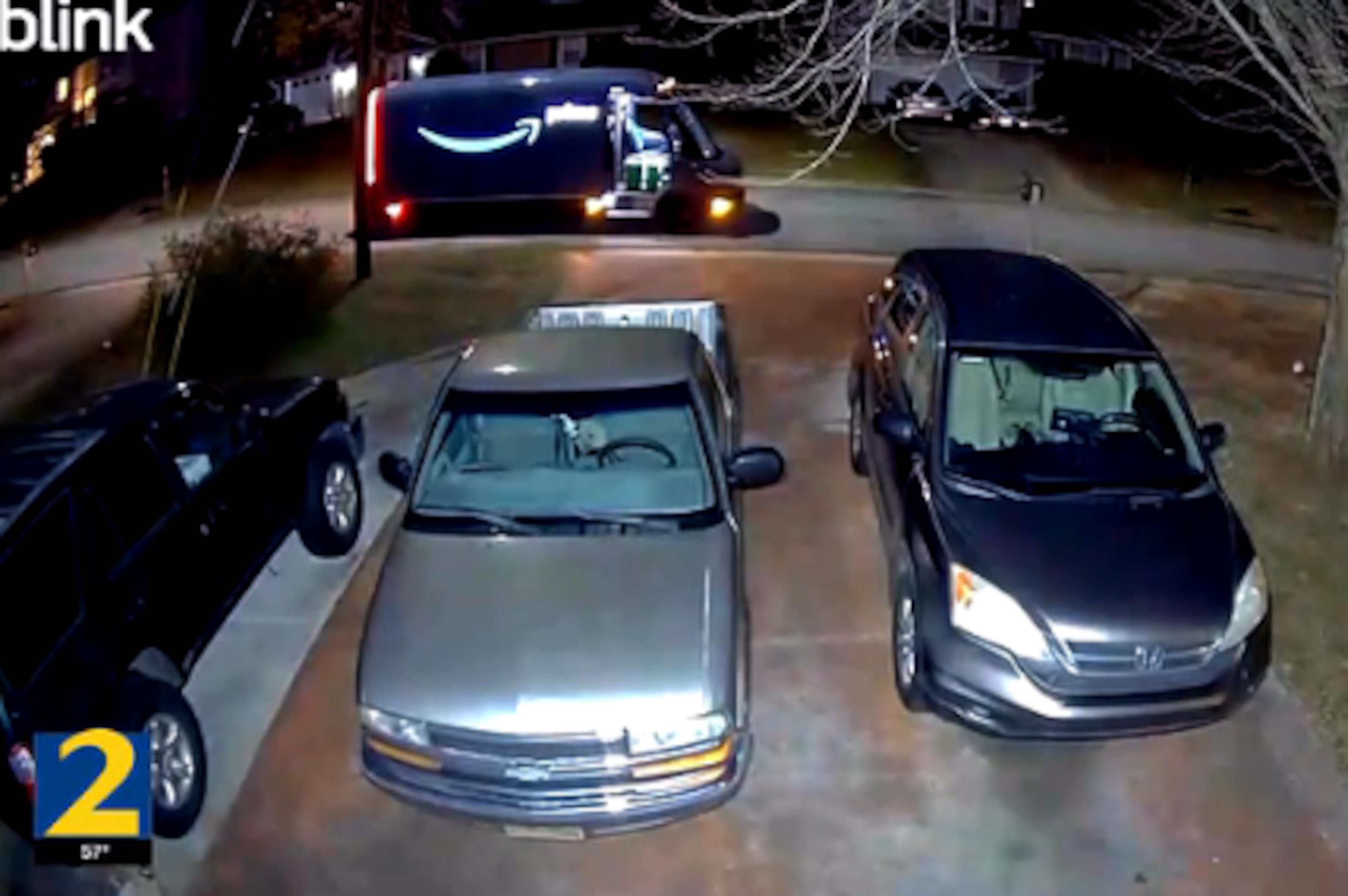OPINION: An interstate collapses and a life rises from the ruins

The Great Atlanta Highway Fire remains an episode etched in our collective memory banks as a monument to absurdity.
At suppertime on March 30, 2017, an incredulous city watched on live TV as an overpass of I-85, a concrete artery for 250,000 drivers a day, burned and then collapsed.
The next day, an even more outlandish image emerged from authorities — that of a homeless crack addict under the interstate, pushing a shopping cart with a flaming armchair on top of it over to dozens of spools of conduit stored there by the state and then forgotten. Next thing you know, it's Transportation Armageddon.
The events played like a public rendition of the city’s zeitgeist, one that revolves around symbols of flames and a phoenix. This one certainly underscored many of the elements of Atlanta: A fire. A highway. A massive collapse (weeks earlier, the Falcon’s blew a 28-3 Super Bowl lead). Homelessness. Drug abuse. Bureaucratic obtuseness. Race. And, finally, redemption.
The highway got fixed in record time — 43 days, cost about $16.6 million, including up to $3.1 million in incentive bonuses to a contractor to get the city moving again.
But that’s not the redemption of which I speak. No, I’m talking about Basil Eleby, the then-39-year-old addict accused of single-handedly trying to shut down a city.

Last week, Eleby and seven others who have battled interior demons celebrated “graduation” from Fulton County’s Accountability Court, specifically, its behavioral health treatment wing.
Clear-eyed and smiling, Eleby got a small medal, hugs and handshakes, an ovation and an open door to a new life. He had successfully completed two years of 12-step meetings, mental health counseling sessions, court visits, part-time work, all the while living an ordered life in a halfway house.
“It’s not the end, it’s the start of a great beginning,” Elegy told the assembled TV cameras after his ceremony. “Compared to the person I used to be, I came a long way.”
Over the course of two decades, Eleby, who was charged with arson, had been arrested at least 20 times, mostly on numbskull offenses such as drugs, trespassing and simple battery.

Again, as he has from the start, Eleby insisted on his innocence. In fact, his video testimonial played during the graduation started with him insisting, “I was falsely accused of burning down the bridge, which I did not do.”
Later on, he told reporters, “Can one man do something so big and so messy to a bridge that big?”
In a word, “Yes,” responded Fulton County District Attorney Paul Howard.
“We concluded that Basil Eleby was the individual responsible for the fire underneath Interstate 85,” Howard said in a statement to my questions. “However, when we examined the totality of the facts and circumstances, it was clear that his drug addiction led to what occurred, not any intentional act on his part.”

Besides, the state can’t squeeze cash out of a recovering addict. Howard said the chosen resolution allows Eleby to move “forward as a productive citizen.”
It was probably a good move. I don’t think anyone wanted a trial to proceed, especially not the state, which had stored 76 4-foot-tall spools of aging high-density polyethylene conduit and nine racks of fiberglass conduit under that highway.
Eleby was arrested after a couple of other denizens of the underpass pointed him out to police. But after his arrest, a pushback started: "I believe they are scapegoating him to cover for their errors," a woman commented on WSB-TV's Facebook site, echoing many others. "Him being homeless makes him an easy target. He cannot defend himself."
It was a popular opinion, especially among black folks.
Within a couple of weeks of his arrest, Eleby had a team of attorneys volunteering on his behalf. Lawyer Mawuli Davis called it "not just railroading. It's railroading on steroids because you have this catastrophic outcome and you come and get the little guy."

The defense team quickly pointed a finger at the Georgia Department of Transportation for storing the items under the bridge, and in legal motions hinted they would try the state as an unindicted party.
“Charging and convicting Mr. Eleby with knowingly burning down a highway is a tall task for the state of Georgia,” the defense attorneys said in a court motion. “It is especially important in this case that any and all state agencies involved in the maintaining of items under this freeway, who were responsible for the purchase and inventory, specifically, the Georgia DOT, maintain and preserve these records.”
The National Transportation Safety Board later determined that GDOT contributed to the mess by deciding to "store construction materials beneath the bridge and its failure to assess the increased fire risk due to the presence of these combustible materials."

The fact that GDOT Commissioner Russell McMurry got a $100,000 (or 40 percent) raise just months after the fire certainly made the optics of the situation all the worse.
“We were prepared to take this case to trial,” said Davis, who says Eleby passed a lie detector test.
DA Howard did some legal and political calculus and figured it was best to get this sideshow off the stage. So they cut a deal. No doubt, the suits at GDOT breathed a sigh of relief. With the completion of Eleby's treatment, the charges against him were dropped.
It’s like it never happened. Legally, at least.
After Friday's ceremony, Eleby's attorneys held a program back at the law office. The star of the moment looked sharp in his suit and thanked the village of lawyers, preachers, therapists and all others who stepped forward and stayed with him to save his life.
Phil Hunter, who heads Georgia Works and who helped get Eleby a job, said, “Every day we see men who have been thrown away and forgotten. We pass by a lot of Basils every day.”
But usually there’s not a highway fire to help pull them from the abyss.



